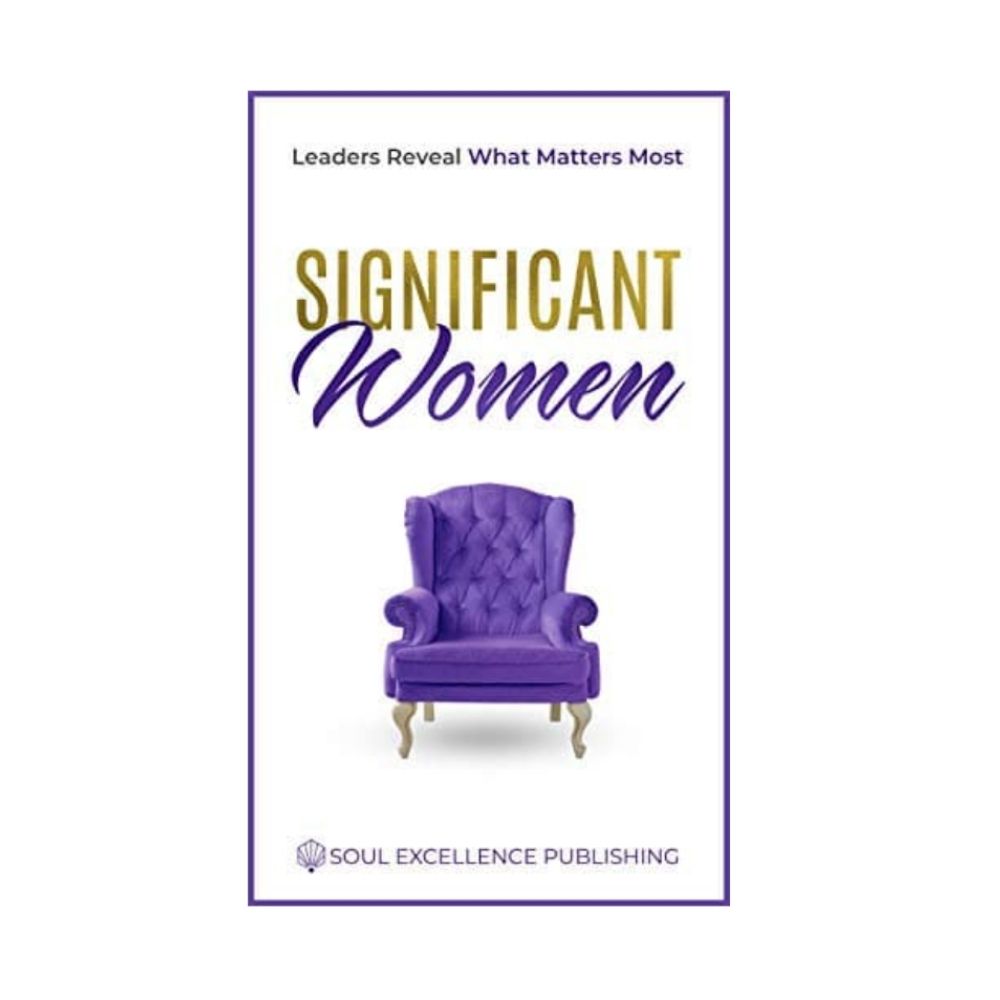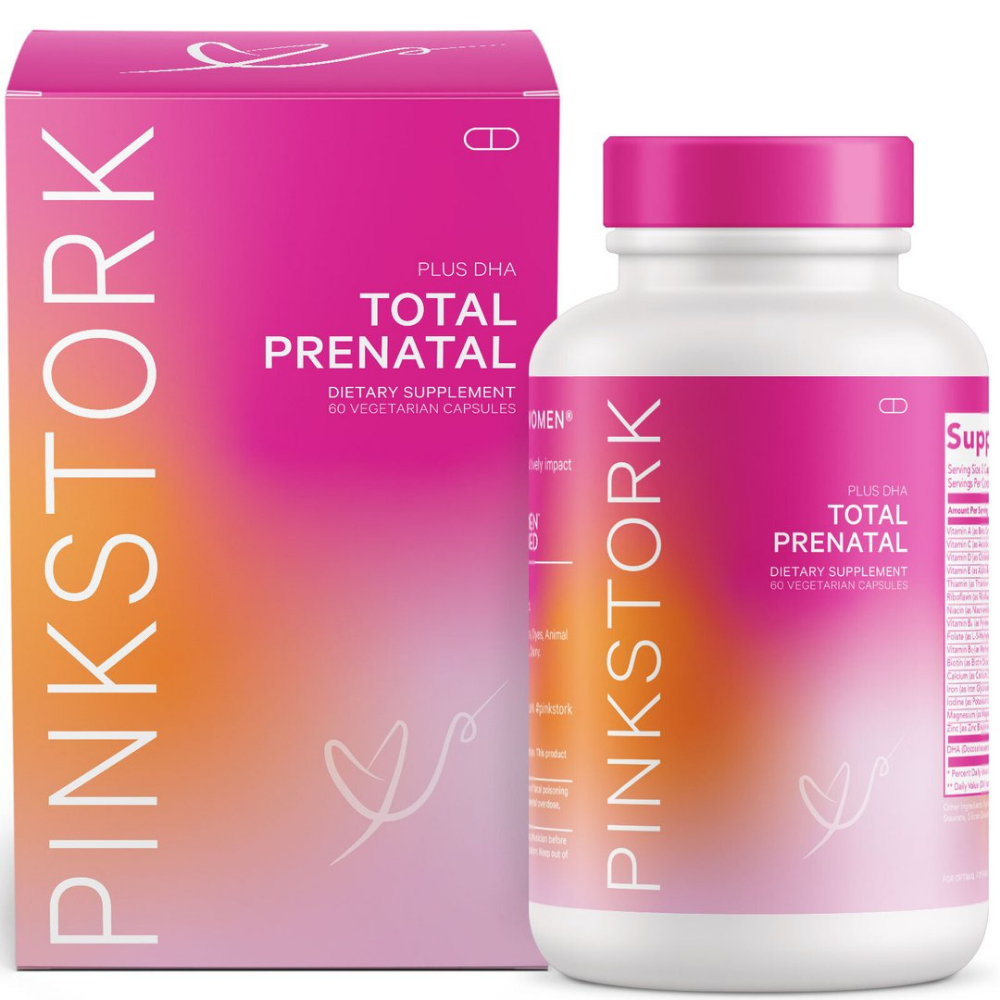
Supporting female minority-owned businesses
This section of Lady ChangeMakers is dedicated to minority female business owners.
44% of women-owned businesses are minority-owned. While it’s exciting to see this many POC starting businesses the number is rooted in systemic racism.
The majority of these women state that they started a business do to work environments. Whether it was being overlooked for a raise or promotion, hostile environments or being overworked. These women saw starting their own business as their only way to move up.
Resources
See Available Resources for female minority business owners
How to support Black Women & The Black community
It is up to all of us to stand up and fight for injustice. Educate yourself and take action. Education is not enough. It is not enough to sit back unless action is taken. Below are several resources on how you can support the Black community and WOC business owners.
Would like to thank Sarah Sophie Flicker & Alyssa Klein for compiling this doc where many of the resources below were found.
Amplify voices of Black women
Below is a group of women to follow who are fighting every day to make change. Please learn from them and support them.
Follow & learn from these women
Building an intellectual legacy through teaching, storytelling & critical discourse.
Follow her and her projects on IG
@rachel.cargle🌿
@thelovelandfoundation🌿
@thegreatunlearn🌿
@elizabethsofakronlinktr.ee/1thatgotawayy
Mission: Is to help women hit seven figures without sacrificing their families and sanity. I am an entrepreneur and I’m a mother. I run a seven-figure business and I’m in the front row of every dance recital. I’m picking my kids up from school every day. I’m watching Peppa Pig cartoons in bed on Sunday mornings. If you’ve ever seen me speak at an event, chances are my three children were in the front row. When people tell me you have to choose between family and business, I say bullshit.
Follow: Rachel IG @rachrodgersesq Web – helloseven.co
activist
Follow her on IG at @mspackyetti
#podsavethepeople cohost
@nbcnews/@msnbc contributor
@gucci changemaker
@sephora equity advisor
@kidnoble’s +1 4 life
saved by grace
she/her
linkin.bio/ig-mspackyetti
Consultant, connector, builder, traveler, sister and friend
Follow on IG at @desireeadaway
equityatwork.us/whiteness-at-work
She/Her/Hers | Changing the world to be more equitable and just.
Follow on IG @divahines
equityatwork.us/dia
Author, cute animal squealer, unapologetically committed to radical self-love as a path to liberation.
www.sonyareneetaylor.com & tbinaa.com
www.wbur.org/hereandnow/2020/05/22/may-22-2020-hn-two
Follow on IG @shirien.creates
infusing design/illustration + my passion for social justice and healing to imagine and create new possibilities / based in chicago / roots in فلسطين
Follow on IG @toimarie
❊ Womanist // Creator // Mother
♡ Founder of @blackwomenarelove and @business.for.the.people
⫸ Teaching about digital business at @toimariestrategylinktr.ee/toimarie
Follow on IG @ebonyjanice
🙏🏾HipHop Womanist
🔮Founder @blackgirlmixtape
😴Master Dreamer
🗣Cultural Anthropologist
📚Professor|Lecturer
🎙#PreachEb #CasuallyBrilliant
⬇️Booking Infobit.ly/HeyEbonyJanice
Follow @theamonyee
HBO/OWN/FoxSoul•@godaddy Maker•Healing Through Liberation|Joy|Pleasure|Change
•@shapingtheshiftpodcast
•@marleyayoconsulting
•@demblackmamaspodcastlinktr.ee/theamonyee
Follow on IG @iamrachelricketts
💞 racial justice educator • spiritual activist • changemaker • healer • author •
✨spiritual activism for facing the tough sh*t
🇨🇦 Toronto | 🇺🇸 NYC www.linktr.ee/iamrachelricketts
Follow on IG @simone.mcnish
Simone | BIZ+DIVERSITY COACH
I help entrepreneurs create inclusive businesses, elevate WOC and develop a diverse community!
⬇️ Women of Color Entrepreneur FB group!
www.facebook.com/groups/wocentrepreneurcollective
vp wright | business coach
founder // the creative’s corner
I help millennial creatives embrace their inner CEO + build a sustainable online business.
✨ join the community ↓pwright.com/clickhere
Donations & Funds
There are several ways you can support the Black community.
Places to donate for activism:
Contribute to local community Bail Funds – article found here with different city’s bail funds or here
Additional Bail Funds google docs and harmed black-owned businesses here FightForBreonna.org
Support Black-Owned Businesses
Put your money where your mouth is and make sure you are supporting black businesses
Podcasts
Take a good look at your podcast playlist, what do you see? Diversify what you listen to.
Places to donate for activism:
A directory of black podcast hosts
Fare of the Free Child Podcast
Educate Yourself
It’s important to educate yourself and learn about your privilege.
Follow the ladies listing above and learn from them
A great online bookstore to support is the Decolonize Your Mind
Support and learn from Rachel Cargle’s Unlearn Project
Rachel Ricketts has books, courses and consultation opportunities
Your Kids Aren’t Too Young to Talk About Race: Resource Roundup
America’s Racial Contract Showing Article
Creating Parenting and Education Resources through a Critical Race Lens Membership
Videos
There are important videos you can watch regarding race, privilege, and what you can do to support the black community
13th – Netflix
Black Feminism & the Movement for Black Lives video
How Studying Privilege Systems Can Strengthen Compassion video
American Son (Kenny Leon) — NetflixBlack Power Mixtape: 1967-1975 — Available to rent
Blindspotting (Carlos López Estrada) — Hulu with Cinemax or available to rent
Clemency (Chinonye Chukwu) — Available to rent
Dear White People (Justin Simien) — Netflix
Fruitvale Station (Ryan Coogler) — Available to rent
I Am Not Your Negro (James Baldwin doc) — Available to rent or on Kanopy
If Beale Street Could Talk (Barry Jenkins) — Hulu
Just Mercy (Destin Daniel Cretton) — Available to rent
King In The Wilderness — HBO
See You Yesterday (Stefon Bristol) — Netflix
Selma (Ava DuVernay) — Available to rent
The Black Panthers: Vanguard of the Revolution — Available to rent
The Hate U Give (George Tillman Jr.) — Hulu with Cinemax
When They See Us (Ava DuVernay) — Netflix
Books
Pick up a book and learn
Coretta Scott King Book Award Winners
Black Feminist Thought by Patricia Hill Collins
Eloquent Rage: A Black Feminist Discovers Her Superpower by Dr. Brittney Cooper
Heavy: An American Memoir by Kiese Laymon
How To Be An Antiracist by Dr. Ibram X. Kendi
I Know Why the Caged Bird Sings by Maya Angelou
Me and White Supremacy by Layla F. Saad
Raising Our Hands by Jenna Arnold
Redefining Realness by Janet Mock
Sister Outsider by Audre Lorde
So You Want to Talk About Race by Ijeoma Oluo
The Bluest Eye by Toni Morrison
The Fire Next Time by James Baldwin
The New Jim Crow: Mass Incarceration in the Age of Colorblindness by Michelle Alexander
White Fragility: Why It’s So Hard for White People to Talk About Racism by Robin DiAngelo, PhD
The Next American Revolution: Sustainable Activism for the Twenty-First Century by Grace Lee Boggs
The Warmth of Other Suns by Isabel Wilkerson
Socials to Follow
Follow the below accounts and learn from them, support them and take action with them
United We Dream: Twitter |Instagram |Facebook
Antiracism Center: Twitter
Audre Lorde Project: Twitter|Instagram| Facebook
Black Women’s Blueprint: Twitter|Instagram| Facebook
Color Of Change: Twitter|Instagram | Facebook
Colorlines: Twitter | Instagram | Facebook
The Conscious Kid: Twitter| Instagram| Facebook
Equal Justice Initiative (EJI): Twitter| Instagram| Facebook
Families Belong Together: Twitter| Instagram| Facebook
The Leadership Conference on Civil & Human Rights: Twitter| Instagram| Facebook
MPowerChange: Twitter| Instagram| Facebook
Muslim Girl: Twitter | Instagram | Facebook
NAACP: link textTwitter | link textInstagram | link textFacebook
National Domestic Workers Alliance: |Instagram | Facebook
RAICES: Twitter |Instagram | Facebook
Showing Up for Racial Justice (SURJ): Twitter | Instagram | Facebook
Grants x Loans x Programs x Funding for Minority-Owned Businesses
MBDA
MBDA is an agency of the U.S. Department of Commerce that promotes the growth of minority-owned businesses through the mobilization and advancement of public and private sector programs, policy, and research.
The foundation’s advisory board chooses the winners, looking for women with passion and a good story. Businesses operating in the U.S. and Canada are eligible.
8(a) Business Development program
If willing to put in the time and effort getting into this program can have a big payoffs for minority owned businesses.
Once accepted businesses would be awarded government contracts without the worry of competing bids. The government’s goal is to award at least 5% of all federal contracting dollars to small disadvantaged businesses each year.

 Beauty, Cosmetic & Personal Care
Beauty, Cosmetic & Personal Care
 Coaching
Coaching
 Community Organization or Service
Community Organization or Service
 Health & Medical
Health & Medical
 Marketing - Advertising - PR
Marketing - Advertising - PR
 Photography
Photography
 Publishing
Publishing
 Travel
Travel



 Accessories
Accessories
 Apparel
Apparel
 Books / Planner
Books / Planner
 Business Courses
Business Courses
 Health & Beauty
Health & Beauty
 Jewelry
Jewelry
 Supplements
Supplements



 Author
Author
 Events
Events
 Public Speaker
Public Speaker



